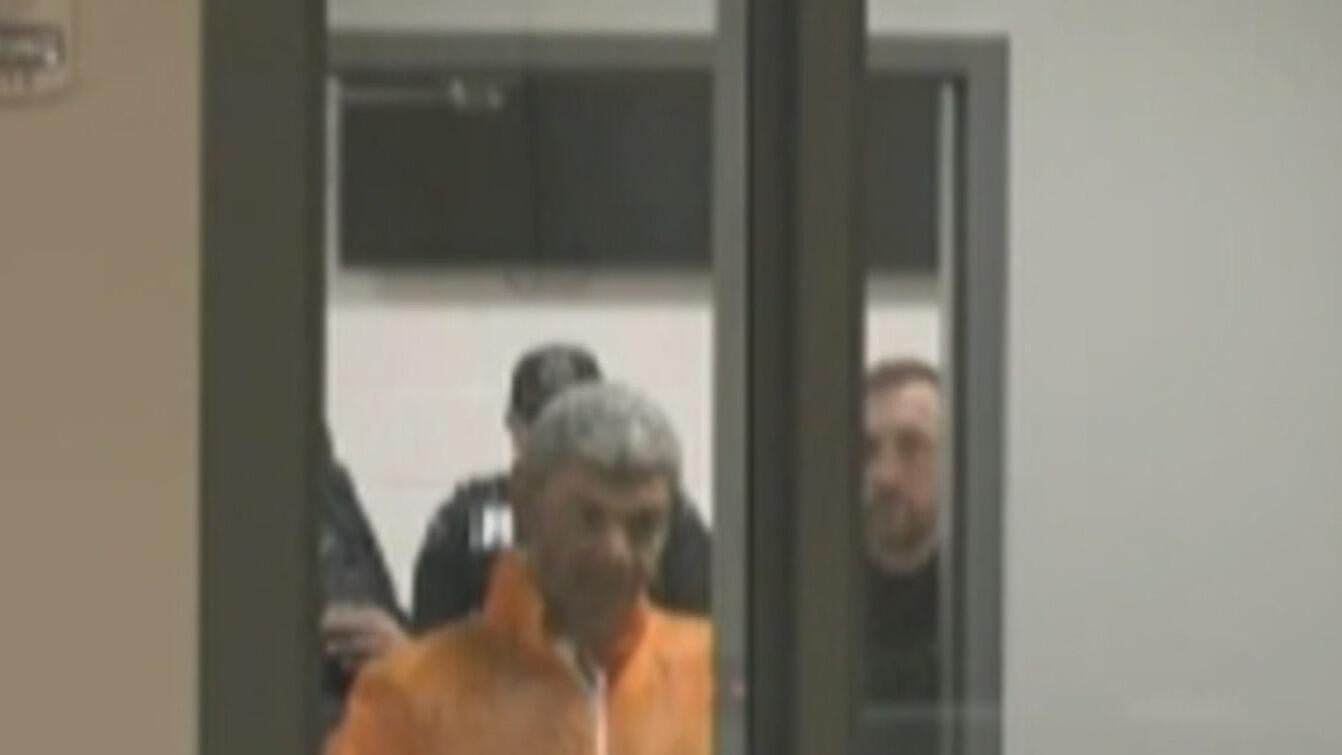Boulder terror attack suspect appears in federal court; judge finds probable cause to move forward with hate crime charge
The man charged with committing a terror attack in Boulder appeared in federal court in Denver on Wednesday. Mohamed Soliman is facing dozens of state and federal charges, including a hate crime charge.
The judge found probable cause to move forward with that federal hate crime charge.
Investigators say Soliman, 45, threw Molotov cocktails at a group of people marching in support of Israeli hostages on the Pearl Street Mall on June 1. Several people were hospitalized with severe burns. Authorities consider 15 people and a dog victims of the attack.
Soliman will be back in state court for a hearing next month.
Soliman allegedly planned the attack for a year and was driven by a desire "to kill all Zionist people."
His defense attorney, David Kraut, urged Magistrate Judge Kathryn Starnella not to allow the case to move forward. Kraut said Soliman's anti-Zionist statements and his online search for a "Zionist" event to attack showed he targeted the demonstrators because of their perceived political views -- their assumed support for the nation of Israel and the political movement of Zionism. An attack motivated by someone's political views is not considered a hate crime under federal law.
Assistant U.S. Attorney Melissa Hindman said the government alleged that the attack was a hate crime because Soliman targeted people based on their national origin -- their perceived connection to Israel. Prosecutors are not alleging that Soliman targeted demonstrators, who carried Israeli and American flags, because he believed they were Jewish, noting that he has said that not all Jewish people are Zionists.
Starnella acknowledged that some of the evidence undercut the government's allegation that the demonstrators were targeted because of their perceived national origin but said other evidence supported it. At this stage, the government gets the benefit of the doubt on questions about evidence, she said.
Investigators say Soliman told them he had intended to kill the roughly 20 participants at the weekly demonstration, but he threw just two of his over two dozen Molotov cocktails while yelling "Free Palestine." Soliman told investigators he tried to buy a gun but was not able to because he was not a "legal citizen."
Federal authorities say Soliman, an Egyptian national, has been living in the U.S. illegally with his family.
During his Wednesday appearance, Soliman's lower right arm and hand were wrapped in a thick bandage, with handcuffs around his wrists. Police previously said he was taken to a hospital for unspecified injuries right after the attack. FBI agent Timothy Chan testified at Wednesday's hearing that Soliman burned himself as he threw the second Molotov cocktail.
Soliman did not carry out his full plan "because he got scared and had never hurt anyone before," police wrote in an arrest affidavit.
Soliman is charged separately in state court with multiple counts of attempted murder, assault and offenses related to more than a dozen additional Molotov cocktails police say he did not use.
Run for Their Lives, the group targeted in the attack, started in October 2023 after Hamas militants from the Gaza Strip stormed into Israel, killing 1,200 people and taking 250 others hostage.
Federal authorities are seeking to deport Soliman's wife and their five children. They range in age from 4 to 18 years old and are being held in an immigration center in Texas, according to court documents.
The White House said in a June 3 social media post that one-way tickets had been purchased for the family members, adding: "Final boarding call coming soon."
A Colorado federal judge temporarily blocked their deportation with a restraining order on June 4. The case has since been transferred to Texas, where a federal judge on Wednesday extended the restraining order another two weeks.
Lawyers for the family had asked to keep the order in place, even though government lawyers said in court documents that the family would be deported under the normal process, not an expedited one because the lawyers did not address the earlier comments from the White House.





